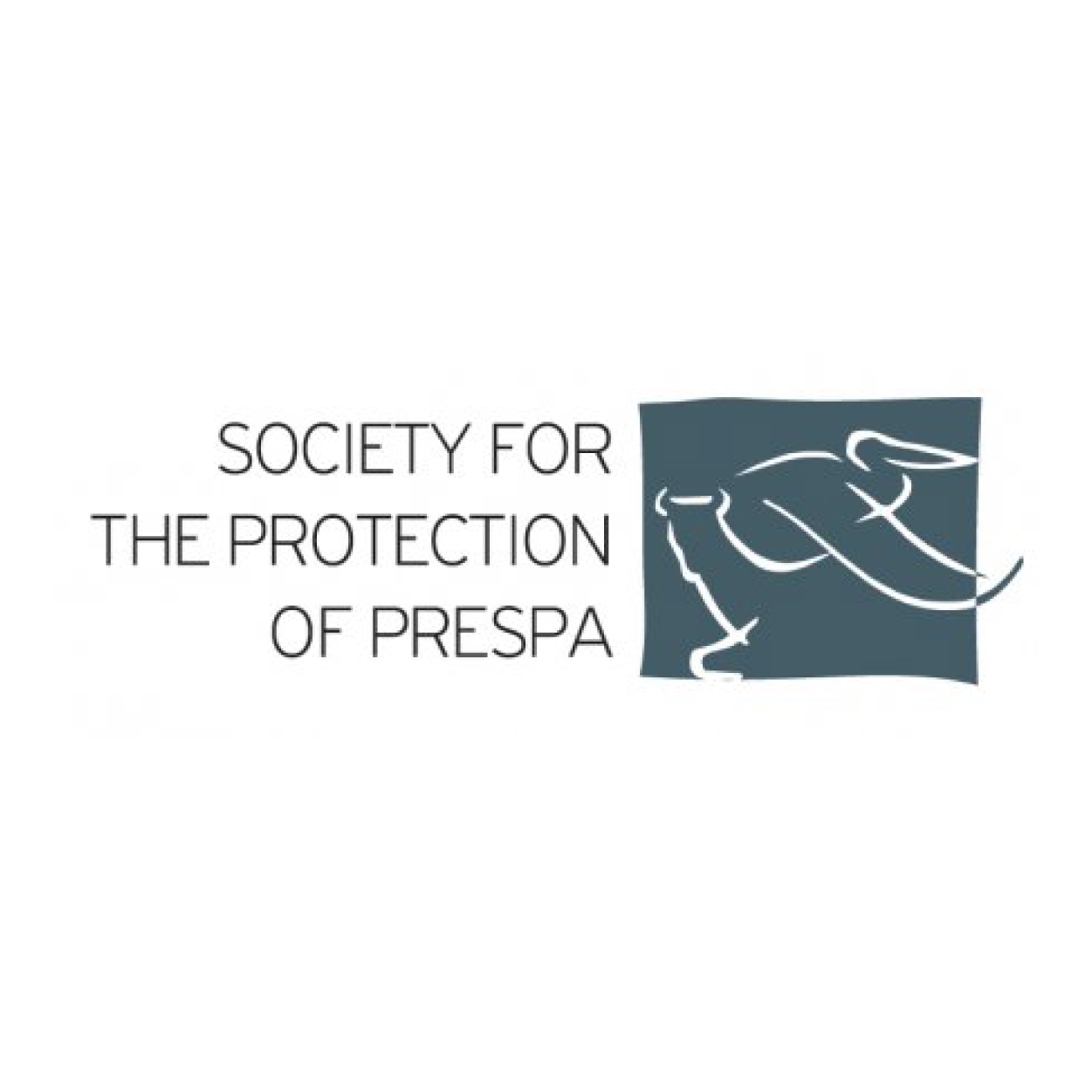SUCCESS STORY
Prespa: a story of collaboration
across Balkan borders

The area of Prespa is shared by three countries, Greece, Albania and North Macedonia. When we talk about Prespa we are actually referring to the two lakes, Lesser and Great Prespa, as well as their wider lake basin, which extends to the tops of the mountains which surround them. The lakes lie at an altitude of around 853m, though many of the surrounding peaks are more than 2,000m above sea level.
There are many reasons why Prespa has such special value; notable among them are the rich natural environment and evocative landscape, the waterbirds, the traditional villages and the remarkable Byzantine monuments. Some of the rare species that the area is home to are also endemic, appearing only in Prespa and nowhere else in the world. The extent of the diversity of the area is demonstrated by the fact that more than half the species of birds, amphibians and mammals found in Greece as a whole are encountered in Prespa, and that 9 out of the 23 species of fish living in its lakes and rivers are endemic.
Since 1991, the Society for the Protection of Prespa has systematically and effectively contributed to the protection of natural and cultural heritage throughout the entire Prespa basin, by means of a wide range of projects jointly promoting viable development and the harmonious co-existence of man and nature. Its activities aim to secure the appropriate management of natural resources, sustainable forms of rural development, the protection of threatened species and public awareness-raising. From the beginning the SPP has understood that to safeguard Prespa’s exceptional heritage and promote viable development in the area requires the co-operation and involvement of the three states that share the lakes. Accordingly its efforts have been guided by this principle, aiming wherever possible to emphasise their transboundary nature, emphatically recognised by the respective Governments with the establishment of the Transboundary Prespa Park in 2000.
Moreover, the SPP’s work has been guided by the central principle that conservation cannot be carried out effectively in areas such as Prespa if it isn’t based right from the start on at least a fundamental understanding of the basic interactions between the ecological, social, cultural and economic values and issues in those areas. In ecology, and in conservation too, we constantly have to deal with systems of interacting entities, a fact which should be fully understood and always kept in mind. The majority of protected areas in the Balkans and all around the Mediterranean are socio-ecological systems. Particularly in closed and relatively isolated basins, like Prespa, the majority of conservation issues should definitely be tackled under an integrated ecosystem approach, but we also have to acknowledge that those ecosystems have been, or – in most cases – continue to be, affected by the presence of people and their activities. Man has been, and still is, very much an indivisible part of these ecosystems.


Wetland management, focusing on the management of waters and the littoral vegetation, was implemented for the first time in Lesser Prespa in 1999, and over the ensuing years applied at an ever-wider scale, with positive results for both biodiversity and primary sector activities, such as fishing and stockbreeding. In 2007, the governance of management was organised under the ground-breaking Wetland Management Committee, a multi-participatory decision-making system. In 2017, the LIFE Prespa Waterbirds project extended management across the whole reedbed, increasing open areas free of vegetation in both shallower and deeper parts of the lake, as well as restoring stream mouths to improve access for fish species to spawn upstream and improve waterbird feeding grounds. At this mature phase, wetland management extended also to vegetation management in drainage channels, fires from which often spread to the reedbed in spring. As the challenges for the future grow, especially with regard to climate change, a joint transboundary effort for landscape-scale wetland management is the only way to meet them and achieve the sustainable future we all hope for in Prespa and beyond.
